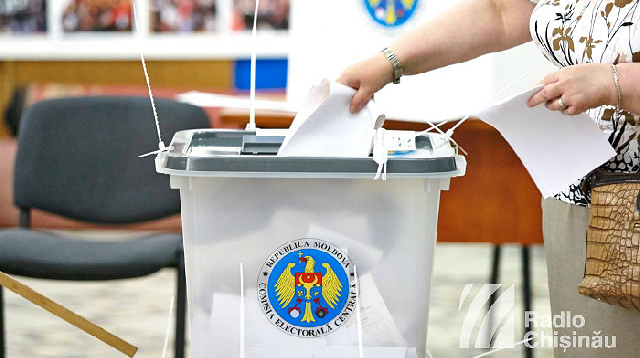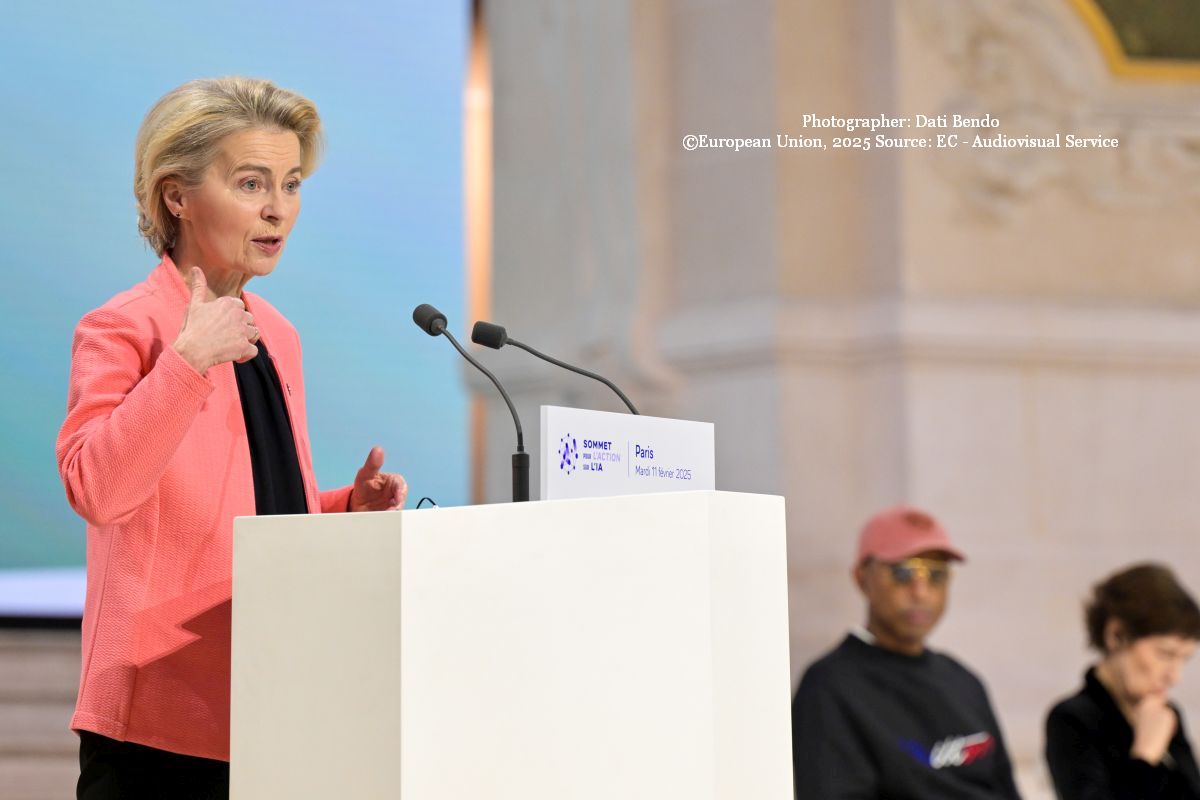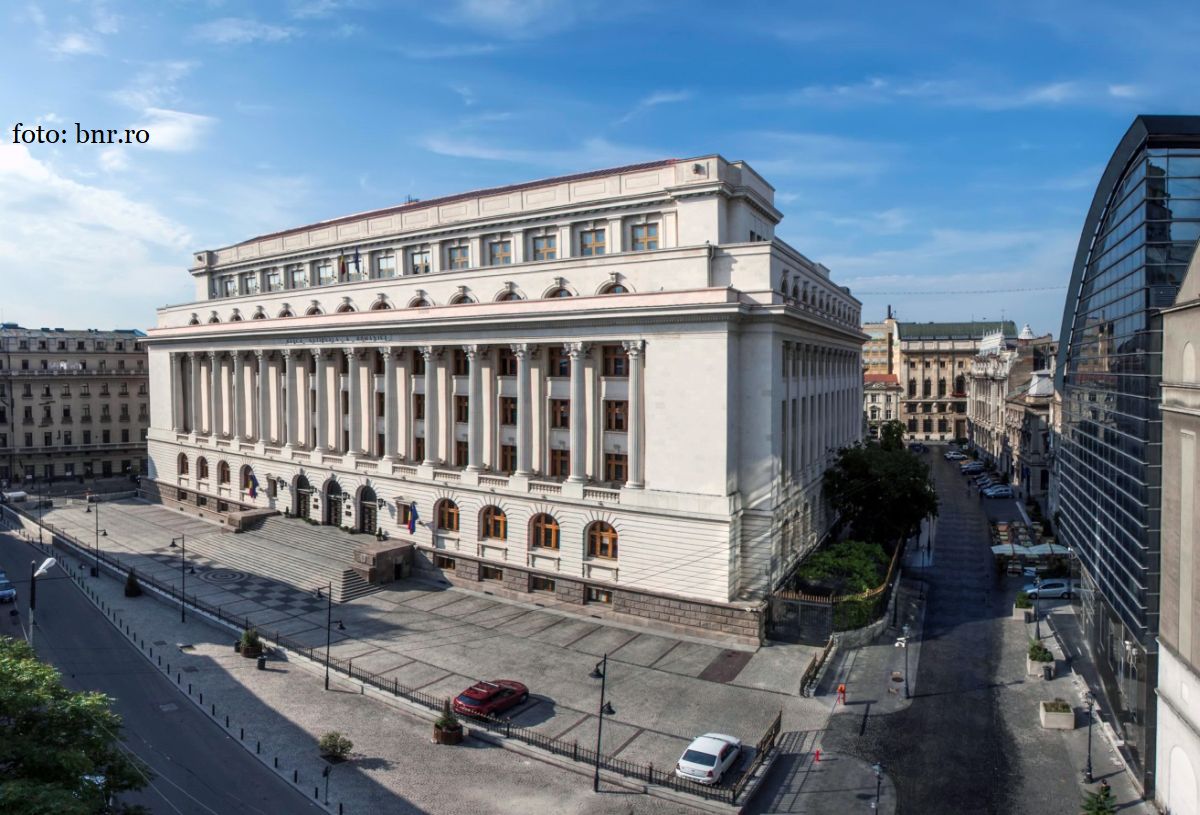Republic of Moldova, a week ahead presidential runoff
Moldova has entered the last week before the 2nd round of the presidential elections.

Bogdan Matei, 09.11.2020, 13:50
The suspense before the presidential runoff in the Republic of Moldova is even bigger than in 2016. The contenders are the same, namely, the incumbent pro-Russian president Igor Dodon and the former pro-Western PM Maia Sandu.
Sandu enters the race on November 15 with a small advance, after winning over 36% of the votes in the first round, by 3% more than Dodon. As it is always the case with Moldova, the vote was not only political, but also geopolitical. The former PM won over 70% of the votes in the Diaspora. She also won in the capital Chisinau and in the central and southern regions with a mostly pro-Romanian population. Clearly irritated by the vote of Moldovan citizens abroad, where a record 150 thousand people went to the polling stations, Dodon defined the Diaspora as ”parallel electorate”, which drew him a wave of sarcastic comments. Dodon got good results in the areas dominated by ethic minorities, such as the breakaway region of Transniester, in the east, and the region of Taraclia, with many Bulgarian ethnics and the Autonomous Region of Gagauzia, both in the south.
The candidates in favor of Moldova’s reunification with Romania, or at least pro-Europeans, who left the race after the first round, announced their unconditional support for Maia Sandu. Renato Usatîi, the pro-Russian mayor of Balti, Moldova’s second largest city, who came out third in the first round, surprised everybody when he called on his voters, around 17% of the electorate, to also vote Maia Sandu. He says he has been under pressure, by the power, to support Dodon and that he hopes Maia Sandu will be able to dismantle the corruption system headed by the incumbent president.
Political analysts cited by Radio Romania correspondents in Chisinau have signaled aggressive manipulation campaigns and fake news dissemination, conducted with Russian support, that target Maia Sandu. Thus, according to these apocalyptic campaigns, the European Union and the United States are conspiring to stage a so-called colored revolution, in case Dodon wins. Suspending the payment of salaries and pensions and the trade with the Russian Federation if Maia Sandu becomes president are other such examples.
Last month, Russian President Vladimir Putin himself urged the Moldovan electorate to reward Dodon’s efforts to bring Moldova closer to Moscow. Pundits have already warned, ahead of the first round, that it is a custom for Russia to interfere with Moldovan elections, but that this interference is much more active this time. (Translated by Elena Enache)






























